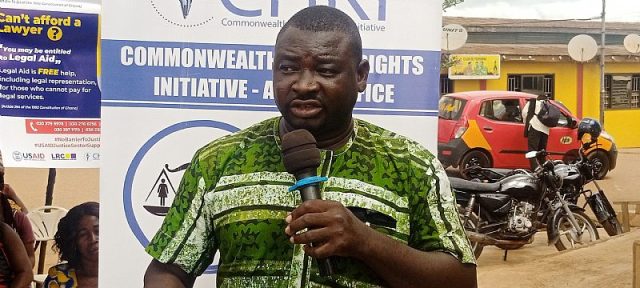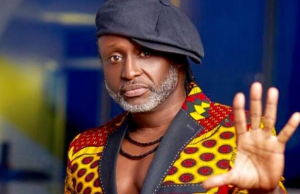MIHOSO International Foundation has advocated a national literacy policy to put the nation on the edge to achieve the goal four of the Sustainable Development Goals (SDGs).
The United Nations (UN) global goal four enjoins country’s around the world to ensure inclusive and equitable quality education and promote lifelong learning opportunities for all by 2030.
As Ghana joins the rest of the world to mark the 2023 International Literacy Day (ILD),the Foundation which works to promote education, health and social development, said such a policy must outline the strategies, goals, and targets for improving literacy rates,
particularly at the basic level.
This would help improve access to quality education, curriculum development, assessment methods, and the integration of technology in literacy instruction, Mr. Thomas Benarkuu, the Deputy Chief Executive, Operations of the foundation told the media in an interview in Sunyani.
Since 1967, ILD which falls on September 8, is celebrated globally every year, to remind the public of the importance of literacy as a matter of dignity and human rights and to advance the literacy agendamtowards a more literate and sustainable society.
The global theme for the 2023 celebration is “promoting literacy for a world in transition: building the foundation for sustainable and peaceful societies” and creates an opportunity to join efforts to accelerate progress towards the achievement of SDGs four.
Mr. Benarkuu said more ought to be done to promote inclusive education by ensuring that children with disabilities or special needs had equal access to quality literacy instruction.
This can be achieved by providing specialized resources, assistive technologies, and trained teachers in inclusive classrooms.
He said technology integration was another essential area the government ought to prioritize so that technology could be well utilized in literacy instruction, saying basic schools must be provided with adequate computers, tablets as well as improved internet
connectivity, and educational software.
Technology can enhance student engagement, provide personalized learning experiences, and facilitate access to digital resources, Mr. Benarkuu stated and further called for the establishment of support networks for teachers, including mentoring programmes.
The nation must also implement and expand early childhood education programmes to provide a strong foundation for literacy skills for the younger generation and this would improve access to quality pre-school education, particularly, in rural and underserved areas.
Mr. Benarkuu underlined the need to promote and preserve the country’s local languages by incorporating them into early literacy programmes to encourage bilingual education and help bridge the existing gap between local languages and English.
He said a flexible learning opportunity for the adult population was also essential to tackle the illiteracy rate among the adult population in the country, saying this could be achieved if the government resources the Adult Education Unit adequately.
Mr. Benarkuu indicated learning gaps seemed to vary by area in the country, with a higher share of urban children having foundational reading and numeracy skills.
In a study by Ghana Education Fact Sheets 2020, about 21 per cent of Ghanaian children have functional difficulty, across all levels of education they are over-represented among children who are out of school or not learning.
Among children not learning reading or numeracy skills, 23 per cent have a functional difficulty and this over-representation signals that more should be done to accommodate the needs of all children to facilitate learning.
Overall, he said 21 percent of Ghanaian children between the ages of five and 17 years had at least one functional difficulty, a figure consistent across sex, age groups and areas.
However, there are wide regional disparities, with the Volta and Eastern regions having the highest prevalence of children with at least one functional difficulty (Ghana Education Fact Sheets 2020).
“It is in this view that the MIHOSO International Foundation and other partners including civil society organisations, professional groupings, and educational and research institutions are calling for promoting quality pre-tertiary education for all”, Mr. Benarkuu stated.
He stressed that tackling the literacy gaps in the country required a multi-faceted approach involving government commitment, community engagement, educational reforms, and access to resources.
MIHOSO International Foundation is, therefore, calling on the government and other stakeholders to prioritize literacy as a foundational skill for individual empowerment and national development.


















